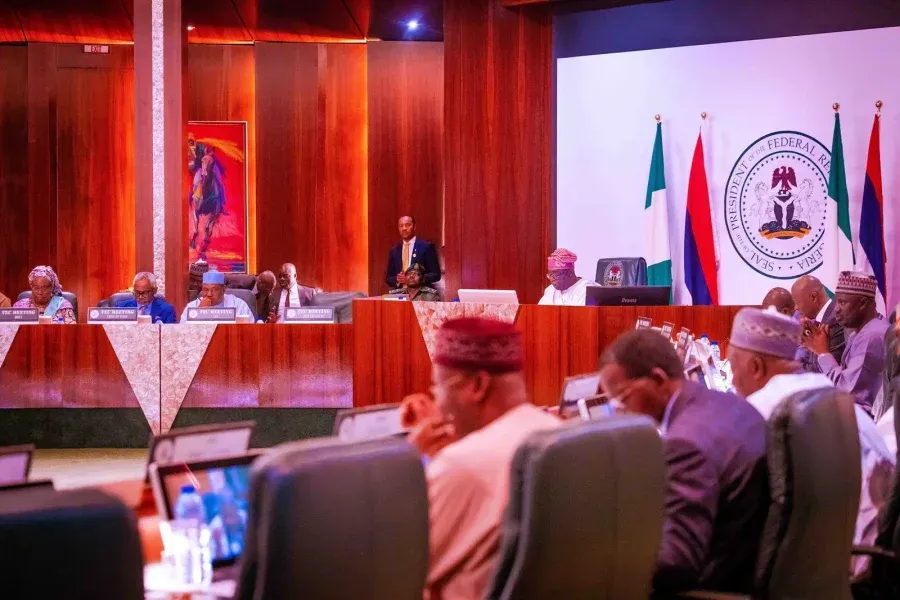Former Governor of Anambra State and presidential candidate of the Labour Party, Peter Obi, has called for Nigeria to adopt a parliamentary system of government, emphasizing the need for increased accountability and direct interaction between leaders and citizens.
Speaking at a lecture held at Harvard Law School in Boston, Massachusetts, USA, Obi highlighted the shortcomings of the current presidential system in Nigeria. He argued that the absence of regular engagement between the president and the people has led to a lack of accountability, allowing ineffective leaders to remain in office for extended periods without facing consequences.
Obi asserted that under a parliamentary system, where the president would also serve as a member of parliament, there would be greater opportunities for direct dialogue between elected officials and constituents. He suggested that this would ensure more responsive governance and facilitate mechanisms such as motions of no confidence to hold leaders accountable.
In his address, Obi expressed concern over the tendency for presidents in Nigeria to isolate themselves from public scrutiny by delegating communication to appointed spokespersons. He criticized this practice, stating that it hinders transparency and diminishes the president’s accountability to the electorate.
Highlighting the potential benefits of a parliamentary system, Obi emphasized the importance of regular interactions between leaders and citizens. He argued that such engagements would enable the electorate to hold their representatives accountable and foster greater trust in democratic institutions.
Concluding his remarks, Obi reiterated the need for Nigeria to transition to a parliamentary system, emphasizing that it would promote transparency, accountability, and effective governance. He urged policymakers and stakeholders to consider the merits of this alternative governance model as a means of addressing the country’s challenges and advancing democratic principles.





